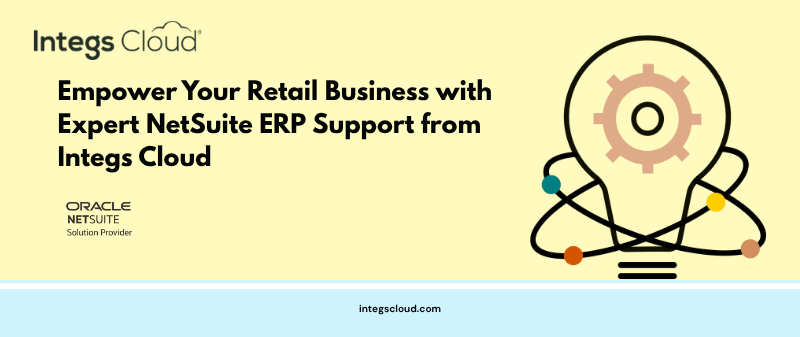In today’s digital time & space, technologies are imparting a significant impact on the banking sector. For starters, today’s customer demands are evolving. This and the shifting economic landscape are pushing banks to harness digital solutions that support growing needs. For the same, ERP in banking is a valuable strategy to help them to streamline operations, meet customer expectations, and enhance their agility.
Many banks today have undergone a transformation in their strategic priorities. They have moved away from primarily managing loans and risks to focusing on managing assets and delivering financial services. Moreover, the banking experience has also shifted from a generic, one-size-fits-all approach to a more personalized and on-demand model. The data requirements of banks have evolved from basic analytics to the need for real-time data intelligence. With ERP in banking, they can align themselves with these developing customers’ needs while also achieving heightened operational efficiency!
Here are 4 ways that ERP in Banking is Beneficial!

1. Streamlined Operations and Improved Efficiency:
One of the primary advantages of ERP in banking is its ability to streamline operations. ERP systems consolidate and integrate various banking functions such as customer relationship management, financial management, risk management, human resources, and more. By centralizing these processes, banks can eliminate redundant tasks, automate workflows, and reduce manual errors. This results in improved operational efficiency, reduced costs, and optimized resource allocation.
2. Enhanced Data Management and Analysis:
In the digital era, data is the lifeblood of any successful organization, and banks are no exception! ERP software equips banks with powerful data management tools and enables them to capture, store, and analyze vast amounts of information in real time. Banks can gain actionable insights, identify trends, detect fraudulent activities, and make informed decisions in the smartest way possible. Furthermore, ERP systems provide robust security measures to protect sensitive customer data, ensuring compliance with data privacy regulations.
3. Customer-Centric Approach:
Modern customers expect personalized and seamless banking experiences. ERP in banking empowers banks to deliver on these expectations by providing a unified view of customer interactions, preferences, and history. With access to comprehensive customer data, banks can offer tailored products and services, personalized marketing campaigns, and also efficient customer support. This level of personalization helps build customer loyalty, satisfaction, and retention.
4. Agile Adaptation to Regulatory Compliance:
Compliance with regulatory standards is crucial in the banking industry, where strict rules govern operations to maintain stability and safeguard customer interests. ERP in banking plays a vital role in assisting banks in adhering to these regulations. By automating compliance processes, tracking and managing regulatory changes, and generating accurate reports, ERP systems ensure banks can adapt quickly and efficiently to changing compliance requirements.
5. Improved Collaboration and Communication:
In a highly interconnected banking environment, effective collaboration and communication are vital. ERP systems facilitate seamless collaboration by providing a centralized platform where employees across departments can access and share real-time data and insights. This promotes cross-functional collaboration, reduces information silos, enhances teamwork, and accelerates decision-making processes. Improved communication between departments also leads to faster response times and increased customer satisfaction.

Conclusion:
In the digital age, banks must embrace technological innovations to stay competitive and meet the evolving needs of their customers. ERP in banking has emerged as a vital tool for transforming the banking industry. With streamlined operations, enhanced data management, customer-centric approaches, regulatory compliance, and improved collaboration, ERP solutions empower banks to achieve operational efficiency, drive innovation, and deliver exceptional customer experiences. By embracing ERP technology, banks can unlock their full potential and thrive in the digital banking era. Contact Integs Cloud Technologies to avail expert ERP solutions & achieve all these amazing results!



